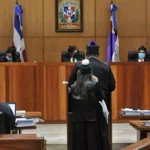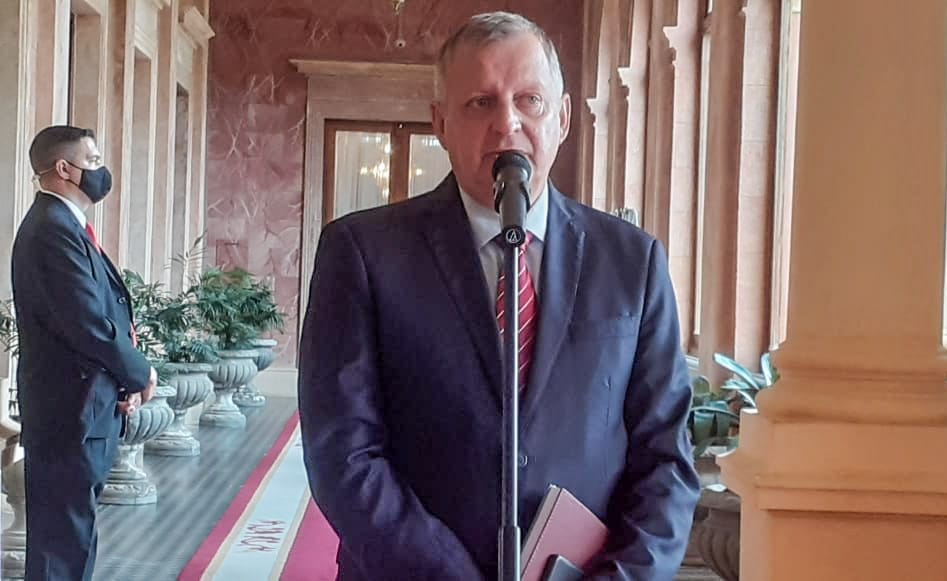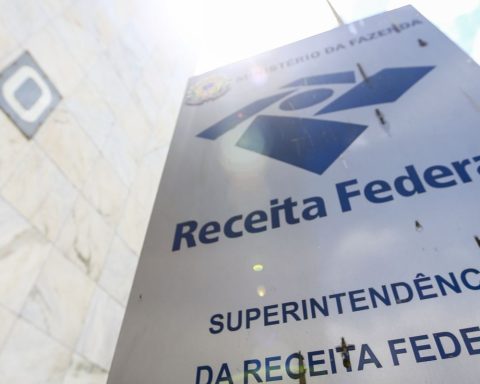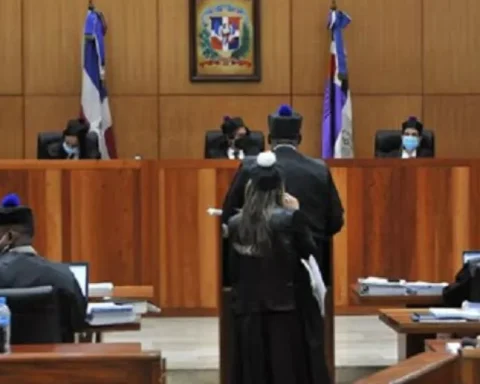Next Sunday an election will be held where the only protagonist is López Obrador. A clearly failed bet, since the intention of this strategy was for the Executive to appear on the ballot for the 2021 midterm elections with the aim of reinforcing the candidates of his Morena party, but also to fulfill a very complicated mission. : exceed 41% participation of Mexicans who are able to vote.
Without a doubt, the INE has put obstacles so that the revocation of the mandate has not been a great exaltation towards the figure of AMLO, perhaps with the fear that this would produce the intention of the president and his followers for a re-election, as happened in Venezuela and Bolivia.
This frontal battle caused the machinery of the federal government to put all the meat on the grill to seek to strengthen the image of the president and achieve the long-awaited project of making the aforementioned election valid, counting on the fact that the approval of the Tabascan exceeds 60% and with this easily could ratify his mandate.
However, mobilizing more than 37,129,287 wills in the middle of April is an impossible mission; all the lopezobradoristas they know it and now they ask – almost begging – for the opposition to go out and vote against it in order to achieve validity.
Good intention. Misapplication
The method of revocation –or ratification- of mandate is a success for any democracy in the world. It is a peaceful way for citizens to show their spirits over the rulers in power. In countries with parliamentary regimes, it is a custom that is well seen by the majority of the inhabitants. Italy, France and Spain are examples of this modality.
In Canada and in the vast majority of states in the United States, these types of elections are generated so that voters take control of the actions of their rulers before their terms are up.
Such formats have helped civil peace to prevail, even as polarization reaches its highest level.
In Mexico we are very far from this dynamic being totally democratic. The biggest contradiction is that it is not the opposition that has the leadership of the issue, but the government itself. This causes the debate to focus on the muscle that the ruler in turn has, to show his detractors that he has all the power in his hands, thanks to the supposed strength that the majority gives him by wanting his regime to persist.
Asking people not to vote in any election could perhaps be petty and even undemocratic. But for the lackluster Mexican opposition, it is the only variant that suits them so that the ‘Obradorista’ regime fails in its attempt to validate the election.
Now, if the president’s human machinery manages to get 40% of the nominal list out to vote, then he would be demonstrating absolute convening power and his historical influence would be practically unstoppable.
That situation is unlikely given the latest numbers produced by the consultation promoted by the Mexican left, when the popular consultation to prosecute former presidents resulted in a true failure, with a pyrrhic participation below 8% of the voters.

















